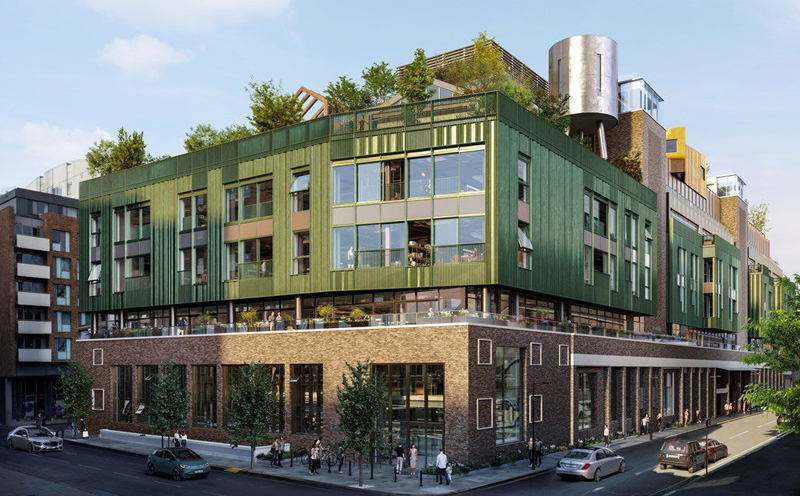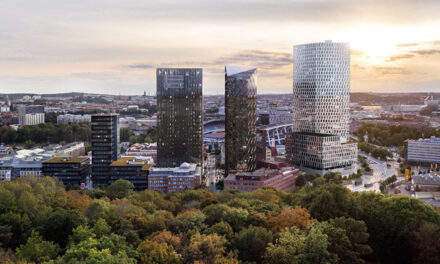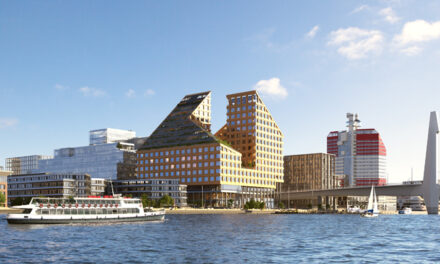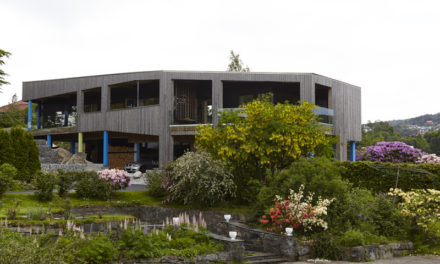Sustainable construction is an approach to construction that centres the use of recyclable and renewable materials and the minimisation of energy consumption and waste in building projects.
Sustainable construction is important because it helps to minimise the negative impacts of the construction industry on the environment and society, and create better places for people to live and work.
The built environment accounts for almost 40% of global emissions and uses vast quantities of natural resources, so finding ways to reduce its footprint is crucial.
Sustainable construction methods include the use of low-carbon materials, renewable energies, and green infrastructure, and the adoption of sustainable and circular design principles.
Sustainable construction is an approach to construction that centres the use of recyclable and renewable materials and the minimisation of energy consumption and waste in building projects.
Sustainable construction is important because it helps to minimise the negative impacts of the construction industry on the environment and society, and create better places for people to live and work.
The built environment accounts for almost 40% of global emissions and uses vast quantities of natural resources, so finding ways to reduce its footprint is crucial.
Sustainable construction methods include the use of low-carbon materials, renewable energies, and green infrastructure, and the adoption of sustainable and circular design principles.
Adopting sustainable construction methods is not an overnight process, and is often constrained (or enabled) by the clients’ attitudes and available budget.
The good news is that clients are increasingly demanding buildings that are designed, built and operated sustainably. Developers are increasingly aware that taking a lead on sustainability enhances business reputation, retains and attracts customers, investors and staff, and enhances market value.
London is taking the lead in this respect, with some of the world’s most sustainable construction projects currently underway in the capital.
Here’s our pick of the London’s most sustainable construction projects to watch in 2023, with a focus on mixed-use and office developments.
Roots in the Sky
The Roots in the Sky scheme will convert the Blackfriars Crown Court in London into the capital’s greenest office block, featuring the UK’s first rooftop urban forest.
Designed by Sheppard Robson, the all-electric building will be net zero carbon in both construction and operation and is targeting BREEAM Outstanding, WELL Platinum and NABERS 5 ratings.
Among its many sustainability credentials, the building will be constructed using reclaimed steel from the demolition of another building.
Using the existing footings and retaining the first two storeys of the 1960s Blackfriars Crown Court, the proposed scheme will use a lightweight hybrid steel and cross-laminated timber frame, with the ability to support the urban forest and its 1,300 tonnes of soil and 1.5-metre deep tree pits.
The extensive reuse of materials, retrofit of the existing building and adoption of a timber frame all help to reduce the embodied carbon footprint of the scheme.
Construction will commence in January 2023.







